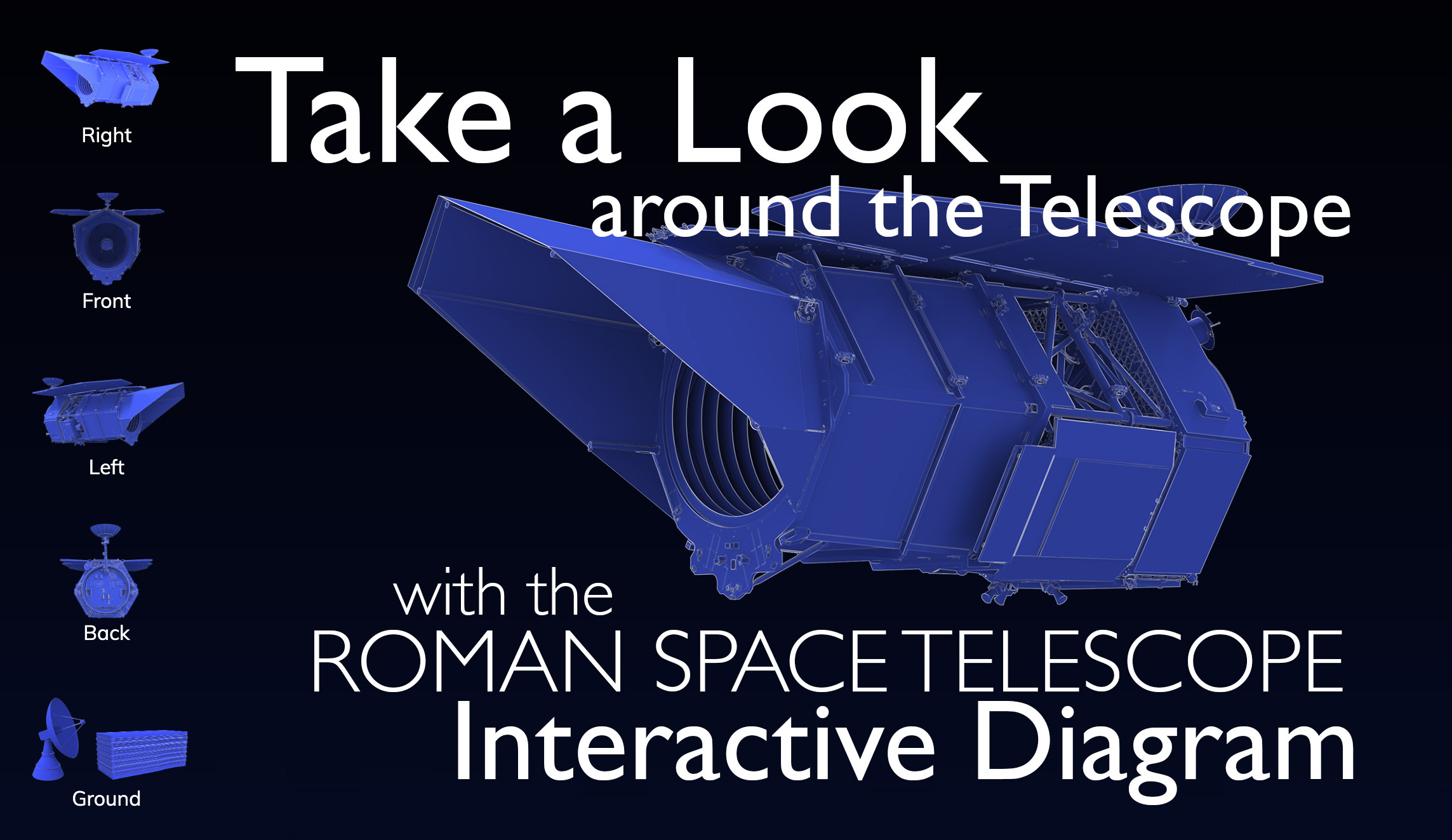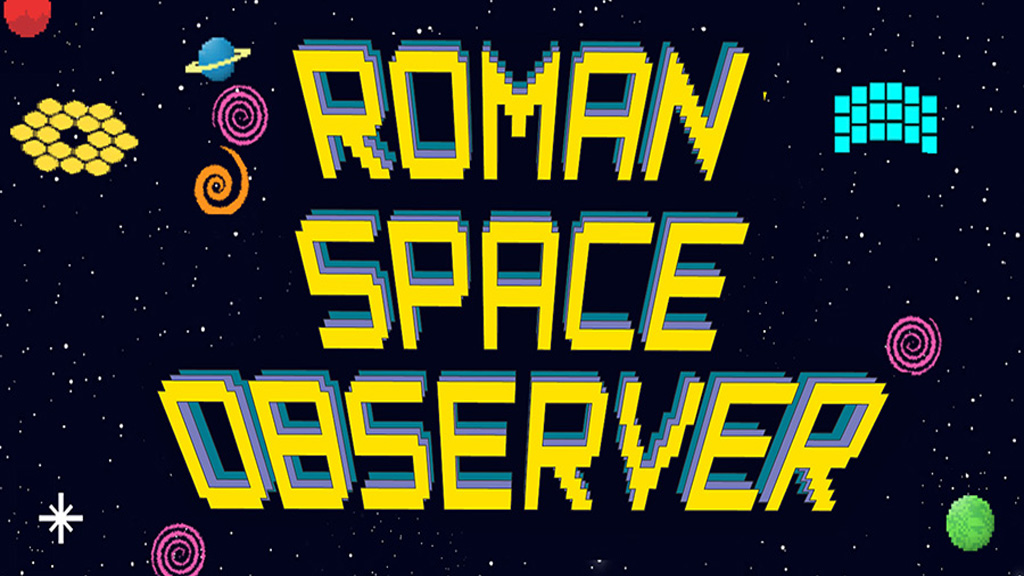Dear Colleagues:
The Astrophysics Division of NASA's Science Mission Directorate calls for nominations, including self-nominations, to serve on the Roman Science Interest Group (RSIG) for the Wide Field Infrared Survey Telescope. This group will provide broad-based community input to NASA on the Roman project. Its primary purpose is to assist NASA in ensuring that the interests of the scientific community are served by the Roman Space Telescope project in planning for and executing Roman development and operations.
Appointments will be for a period of up to three years for each selected candidate, although the terms at initiation will be staggered to provide an annual opportunity for cycling new members through the group. A reasonable effort will be made to achieve a diverse group incorporating a variety of perspectives, including science focus, demographic, institutional, and career stage present in the broader astronomical community. RSIG members are expected to represent the community’s diverse views, and therefore expected to solicit actively those views from their colleagues.
The Roman Space Telescope was the highest ranked large space mission in the 2010 decadal survey of astronomy and astrophysics, and it will be NASA's next great observatory following the James Webb Space Telescope. The mission comprises a 2.4m space telescope with a single science instrument, a camera with a 0.281 deg2 field of view for near-IR imaging and slitless spectroscopy. It additionally features a technology demonstration instrument: a coronagraph designed for > 108 starlight suppression, which will enable unprecedented observations of nearby giant exoplanets and circumstellar disks. For wide field near-IR surveys, Roman is hundreds of times more efficient than the Hubble Space Telescope. The observing program includes large area and time domain legacy surveys that will provide extraordinarily rich datasets for a wide range of research investigations, in addition to meeting Roman's cosmology and exoplanet goals. The Roman Space Telescope has completed its formulation phase and entered implementation in February 2020 and remains on schedule for launch in late 2025 or 2026.
The RSIG will provide input to the Roman Space Telescope project and NASA HQ on the structure of future science team and investigation calls; user support functions and resources across the Roman project; considerations for defining and conducting the science program, including time allocation; and other science needs as requested by the project or program. The RSIG shall report to the Roman Program Scientist and the Roman Project Scientist. The group is expected to meet in person two times per year, with biweekly virtual meetings as needed. Agendas of meetings shall be posted well in advance of meetings to encourage input from the community at any time.
Nominations, including self-nominations, for the RSIG should be submitted via email to alicia.m.penny@nasa.gov. Nominations must include both a cover letter and a one-page curriculum vitae together in a single PDF file. The cover letter should provide a description of the nominee’s relevant Roman Space Telescope-related interests and qualifications for service on the RSIG. The CV should summarize the nominee's relevant background and area(s) of expertise. Familiarity with space missions or astronomical instrumentation is not a prerequisite for the RSIG, as the group’s successful functioning depends on a diversity of backgrounds and viewpoints. The deadline for receipt of nominations is May 29, 2020, with announcement of appointments anticipated in June 2020. For further information, please contact Dominic Benford (dominic.j.benford@nasa.gov), Jeff Kruk (jeffrey.w.kruk@nasa.gov) and/or Julie McEnery (julie.e.mcenery@nasa.gov).
Nominations will only be accepted for scientists at a U.S. institution for the period of the service and are not currently members of the Roman project science staff or on the Formulation Science Working Group. There is no restriction on citizenship.
We look forward to working with all of our stakeholders to continue a robust and compelling Roman Space Telescope mission.
Sincerely,
Jeff Kruk (Roman Project Scientist)
Julie McEnery (Deputy Roman Project Scientist) and
Dominic Benford (Roman Program Scientist)











